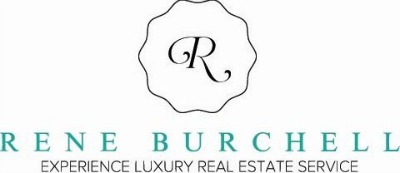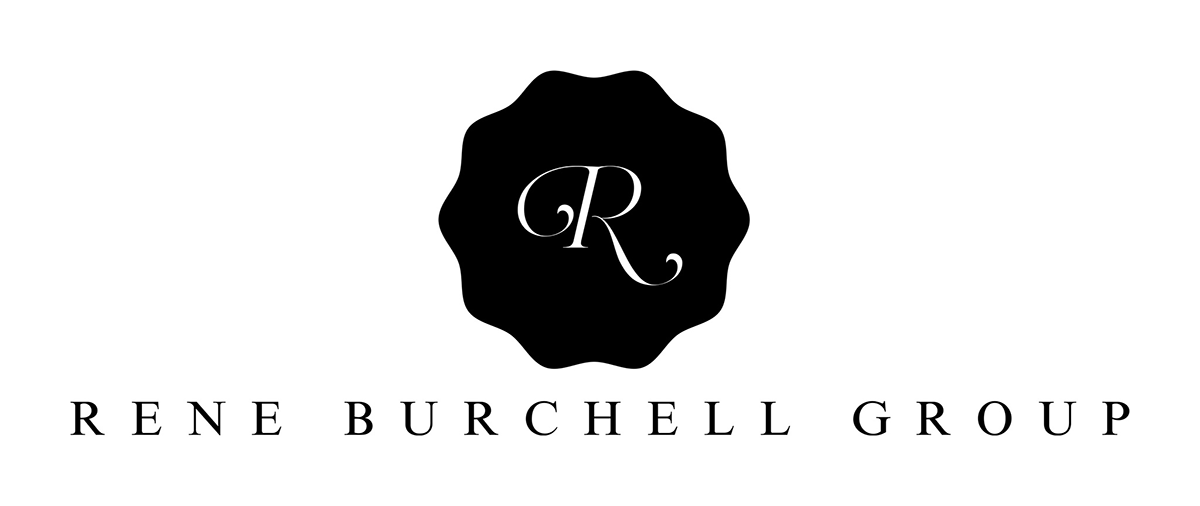Whether this is your first time purchasing a house in Frisco, or you’re relocating, upsizing or downsizing, some options and factors may surprise you. Although a real estate agent is your in-person guide, you may not be ready to work with an agent just yet. When you start thinking about making a real estate purchase, here are some things to consider before taking action.
What Comes with the House You Buy
Don’t let your eyes deceive you. When you tour houses, you may not end up owning everything you see. Anything considered personal property is excluded from the purchase unless otherwise stated in the contract. Personal property includes window coverings, light fixtures, appliances, television wall mounts, above-ground swimming pools, hot tubs, and anything not permanently attached to the structure. When you’re uncertain about an item’s inclusion, ask the seller and make sure the contract clearly defines possession.
 Your house may not come with a home warranty. However, you can ask that the seller provide a home warranty.
Your house may not come with a home warranty. However, you can ask that the seller provide a home warranty.
Don’t forget that when you buy a house, you’re also receiving the responsibility for property taxes, homeowner’s insurance, and homeowners’ association fees and bylaws when applicable. Read More About What Comes with a House You Buy Here.
How to Buy a House with a Real Estate Agent
Buying a house may be an exciting concept for you, but it’s not the time to contact a real estate agent just yet. Unless you’re paying cash for a property, you’ll need to secure pre-approval for your home loan first. Pre-approval establishes you as a qualified buyer.
Interview agents to find the right one to suit your needs and personality.
Your agent will help you locate and tour houses matching your criteria. When you find a home you are ready to buy, your agent will help you submit an offer, and assist with negotiate offers when necessary. Furthermore, your real estate professional will guide you through the process of appraisals, inspections, closing dates, and contracts. Read More About Finding a Real Estate Agent Here
What Happens When You Buy New Construction?
New construction has advantages and disadvantages you should consider before making your purchase.
It is rare for builders to negotiate a lower price for newly constructed homes. However, it is probable that the price may increase as you select finishes and upgrades.
Underdeveloped landscaping is the norm for new communities, so if you’re yearning for big trees and lush lawns, you may be disappointed.
Many newly constructed neighborhoods fall under the bylaws of Homeowners Associations. The organizations exist to protect and preserve home values and the integrity of the community, but they also come with HOA fees, rules, and regulations.
New construction homes are not free from problems and require time to settle. Inspect new construction homes as thoroughly as you would a pre-owned home. Read More About Buying New Construction Here
How to Buy a House While Selling Another
 Contingencies can be the key to the purchase of a new home while you’re still trying to sell your existing house. Contingencies stipulate under contract that the contract is only valid if your current home sells. While this may be an advantage to you, sellers may find contingencies off-putting and choose a competitive offer that doesn’t have stipulations.
Contingencies can be the key to the purchase of a new home while you’re still trying to sell your existing house. Contingencies stipulate under contract that the contract is only valid if your current home sells. While this may be an advantage to you, sellers may find contingencies off-putting and choose a competitive offer that doesn’t have stipulations.
Another option for buying and selling properties at the same time is for you to obtain a new mortgage loan on the house you’re buying. While this does pose some risk and worry that you’ll be left holding two mortgages, it does allow you the option to move into your new home before selling your existing house.
When contingencies and second mortgages are both uncomfortable choices for you, consider renting out your current home or providing a lease with an option to buy. Read More About Buying a House While Selling Here
How to Buy a House with Cash
Before you empty your savings account to pay cash for a house, make sure you have at least a 3-6 month reserve as an emergency fund. Even though the idea of owning a home outright may be tempting, one major home repair or unexpected situation could put you in a bit of a pickle.
Don’t over-estimate the buying power of cash. Cash purchases do eliminate the lending process and may be tempting to sellers, but sellers aren’t always willing to negotiate a lower price because you’re paying with paper money.
Even when paying cash, you’re still expected to pay an earnest money deposit, appraisers, inspectors, title checks and transfers, and other services associated with the transaction in addition to property taxes.
Be cautious when looking at distressed properties and foreclosures. While it’s tempting to get a steal-of-a-deal on the house, you might be getting more than you’d bargained for in the long run. Read More About Buying a House with Cash Here
How to Buy a Foreclosure
Oh, how tempting it is to pay bottom dollar for a house! Shopping for foreclosed homes is not uncommon, nor is regret when the house isn’t all it was cracked up to be.
Inspect the property thoroughly. Foreclosure homes are usually sold as-is with no warranties or guarantees. You may save a ton of money on the purchase, but spend a fortune on maintenance and repairs.
Understand that there are different kinds of foreclosures, and each has unique policies, procedures, terms, and conditions. There are short sales, bank-owned properties, and houses owned by the government. Read More About Foreclosures Here
How to Buy a For-Sale-By-Owner
 First, ask your real estate agent if they work with properties without seller representation. Many agents will not participate in for-sale-by-owner transactions.
First, ask your real estate agent if they work with properties without seller representation. Many agents will not participate in for-sale-by-owner transactions.
The reason some sellers choose to cut out the middle-man, ditch the agent, and go it alone is that they want to save money. The desire to save means they may also have their house over-priced and be less willing to negotiate.
Contracts and legalities are complicated, more so without representation. Dot your I’s, cross your T’s, and read every letter with extreme attention to details. Read More About Buying a FSBO Here
What Does It Cost to Close on a Home?
Closing costs encompass services such as appraisals, inspections, lending fees, administrative expenses, escrow fees, and real estate agent commissions. Buyers usually carry the burden of closing costs, which are due at closing. You can estimate closing costs between 1 percent and 8 percent of the home’s total value. Your lender will provide you with an estimate early on, and then an actual amount no less than three days before closing.
There’s a lot more to buying a house than property shopping and putting in an offer with crossed fingers. There are countless variables in real estate transactions including financing, new construction vs. resale, foreclosures, for sale by owner, etc. Talk with your financial advisors or lenders to educate yourself about the options for financing. Trust your real estate agent to help you determine which options are most beneficial to you. Read More About Closing Costs for Buyers Here
Call Rene Burchell today at 469-877-3303 to tour available homes for sale in the area.
![How to Buy a House in Frisco [Your Complete Guide]](https://collincountyluxuryhomes.com/wp-content/uploads/2018/02/Buying-a-House.jpg)



